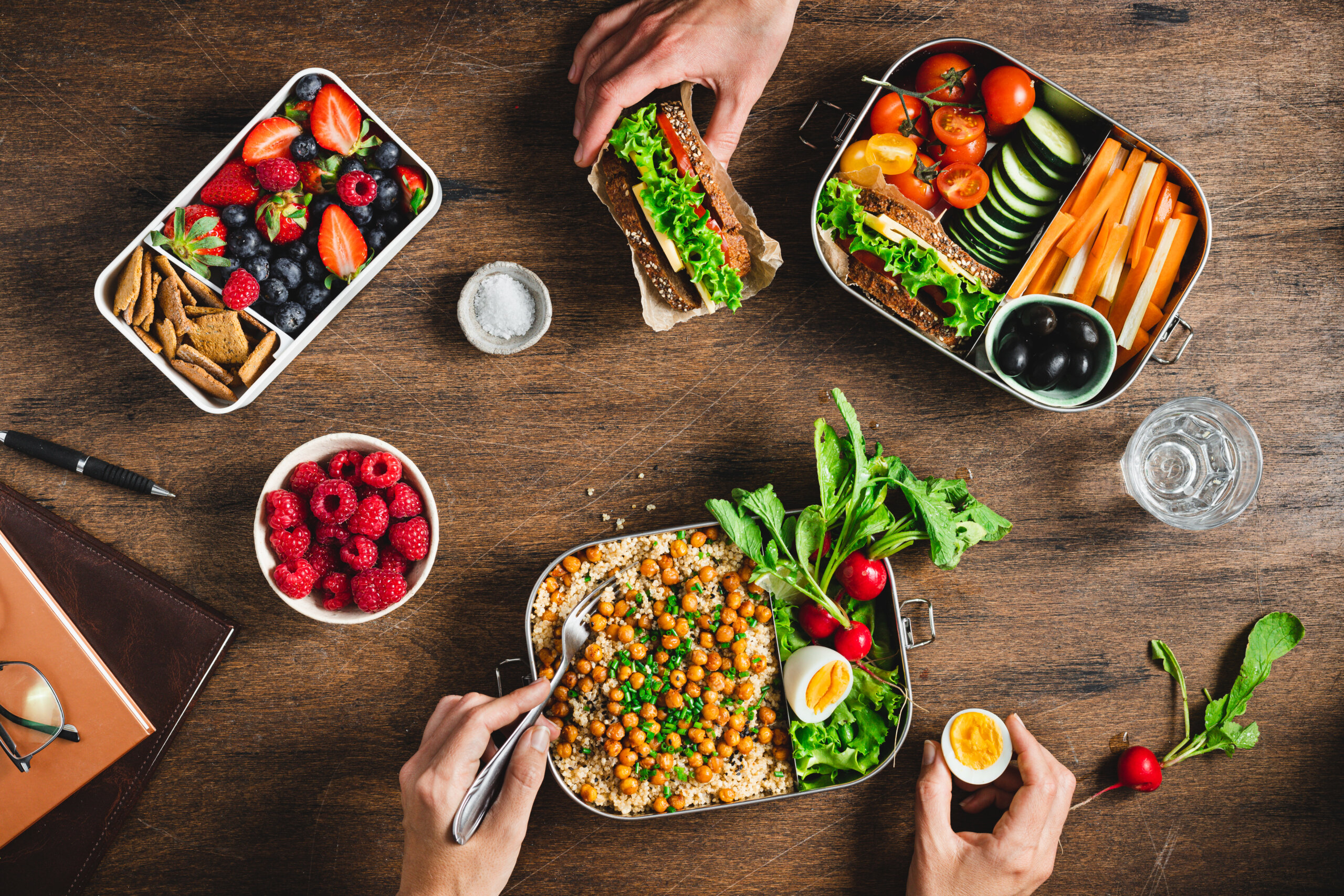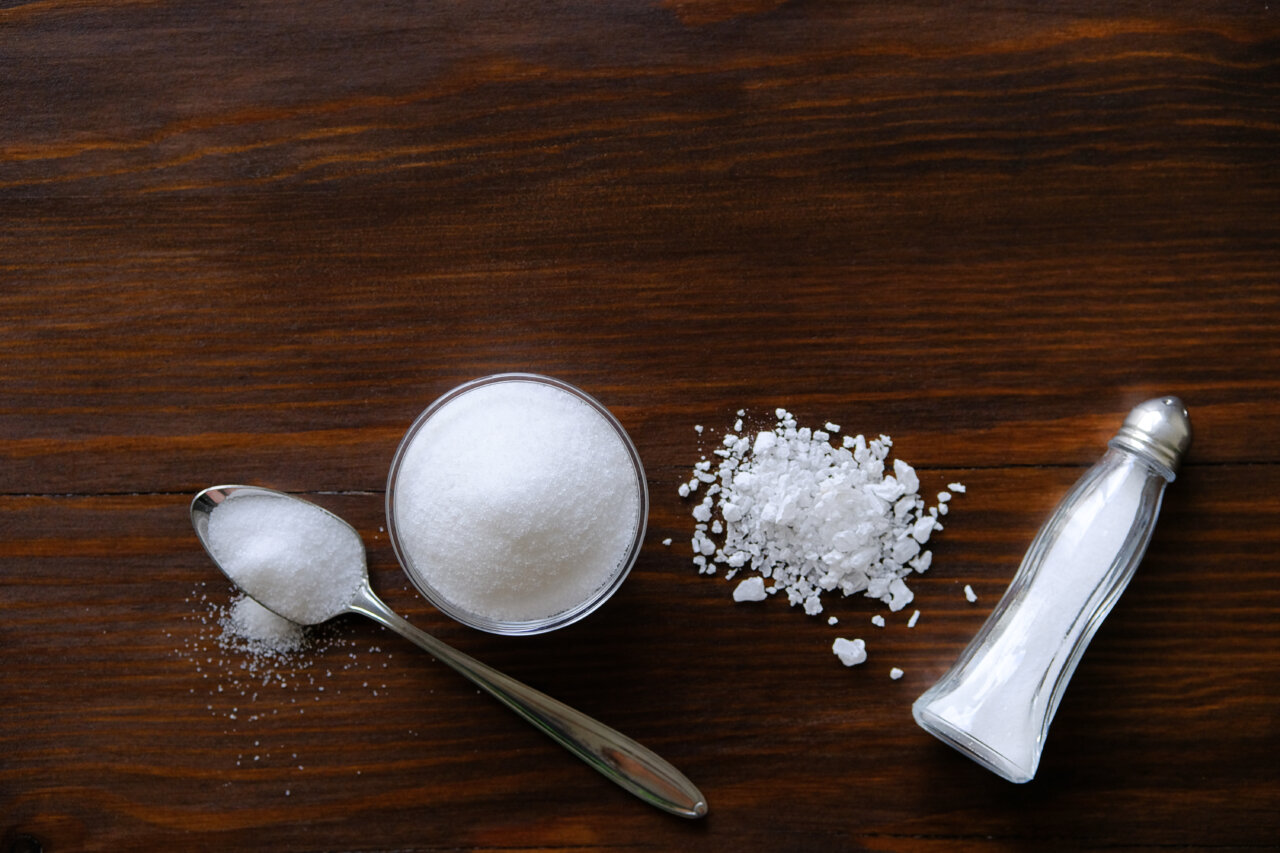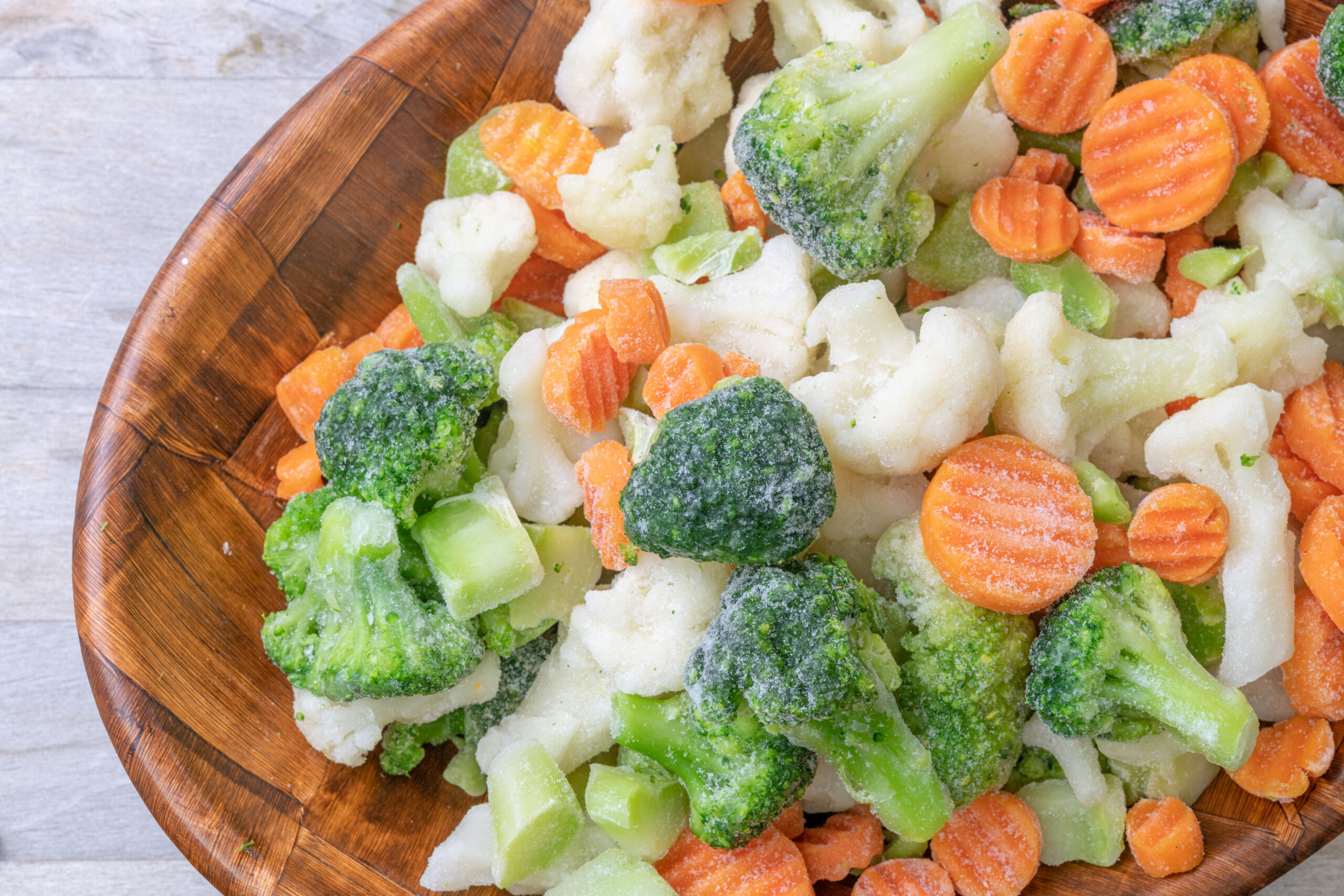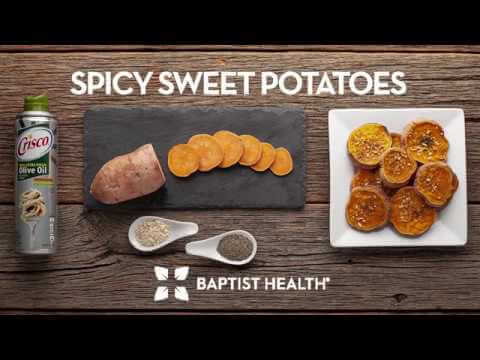What Are the Healthiest Carbs?

Clinically reviewed by Lindsay Turner, RD, LD.
Carbohydrates (carbs) are an essential macronutrient and your body’s primary fuel source. Consequently, cutting too many of them from your diet can leave you feeling tired and sluggish. It is important to make sure you are consuming enough carbohydrates in your diet to promote stable blood sugar and meet your daily fiber needs.
10 Sources of Healthy Carbs
There are many nutritious sources of carbohydrates, and here are 10 that our dietitians recommend prioritizing:
- Bananas. These delicious fruits have carbs in the form of starches and sugars. But they also have lots of potassium, vitamin C, and vitamin B6. All are important, and potassium can help reduce your blood pressure and improve your heart health.
- Quinoa (KEEN-wah). Quinoa is a seed that people use like a grain. It’s full of plant compounds and minerals that may improve heart health and blood sugar management. It also contains protein and fiber, so it keeps you feeling full longer, which can help with weight management. Plus, it doesn’t contain gluten, making it an excellent option for those on gluten-free diets.
- Apples. In addition to carbs, apples contain fiber, vitamin C, and antioxidants that help prevent cell damage. Research suggests that eating apples may also improve blood sugar management and heart health and reduce the risk of certain cancers.
- Oats. Whole-grain oats are an excellent source of vitamins and minerals. Oats also contain protein and antioxidants. Studies suggest that oats may reduce heart disease risk by lowering blood cholesterol levels. Additionally, oats are very filling, which can help with weight management.
- Whole wheat bread. Many people trying to eat a healthy diet consider bread “off limits.” But whole grain bread is much healthier than highly processed white bread. Whole wheat bread, in particular, contains abundant vitamins, minerals, and fiber. It also fills you up and can make you less likely to overeat.
- Berries. Sweet and delicious, berries contain vitamins, minerals, and fiber. They also have antioxidants, with blueberries being particularly high in those important compounds.
- Vegetables. You may not think of vegetables as containing carbs, but they do. They’re also great sources of vitamins A and K and potassium. In addition, they’re low in calories, so you can fill up without adversely affecting your weight management strategy.
- Black beans. Tasty and full of fiber, black beans may help lower your “bad” cholesterol level while supporting healthy blood pressure.
- Milk. Along with carbs, milk contains protein, vitamins, and minerals like magnesium and calcium. Traditional white milk is an excellent choice, and alternatives like oat and almond milk offer many of the same healthy components but with fewer calories.
- Sweet potatoes. Packed with potassium and vitamins A and C, sweet potatoes are also fiber-rich and high in disease-fighting antioxidants.
How Do I Determine Which Carbs to Prioritize?
Complex sources of carbs contain one or more of the following: fiber, protein, multiple vitamins, and minerals. Sources of complex carbs are usually found in fruits, dairy products, vegetables, and whole grains. It is recommended to limit your intake of simple carbs because these usually contain large amounts of sugar and contain little to no other nutritional benefit. Sources of simple carbs may include candy, fruit snacks, chips, sugary cereal, cookies, and cakes.
If you have questions about the benefits of carbs in your diet, your Baptist Health doctor is happy to answer them. Consider asking your physician about a referral to our dietitians or to our bariatric care and weight loss experts for more individualized recommendations.



